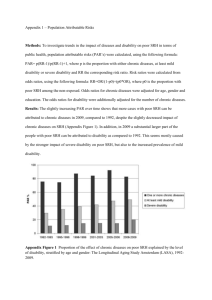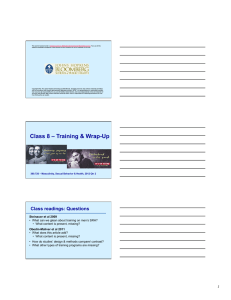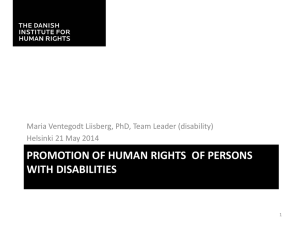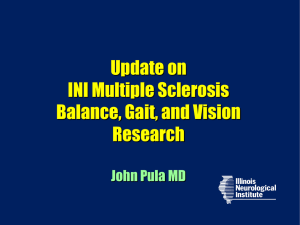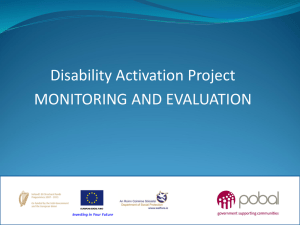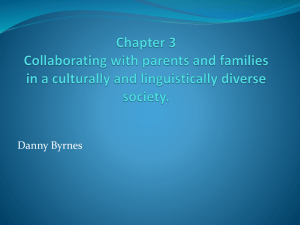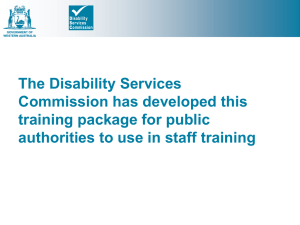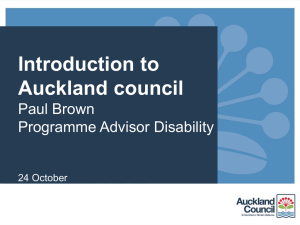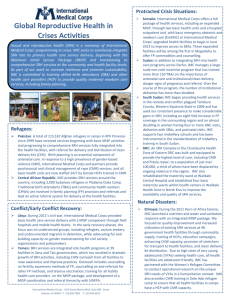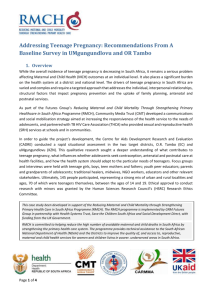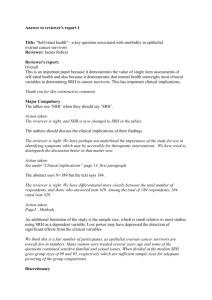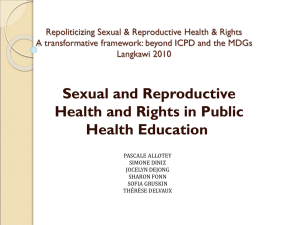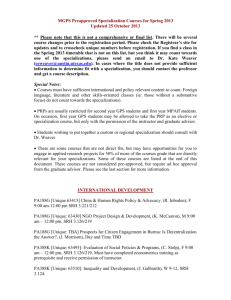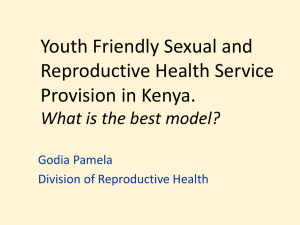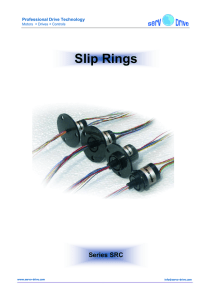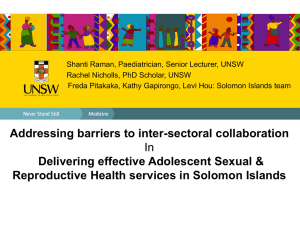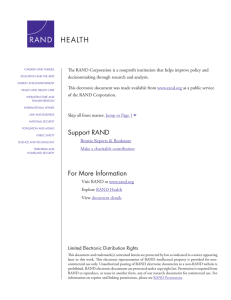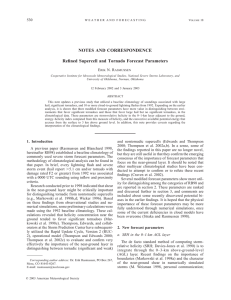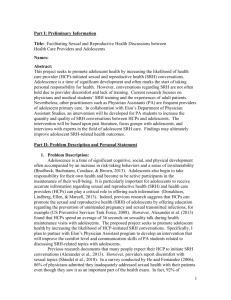W-DARE aim and major research questions
advertisement
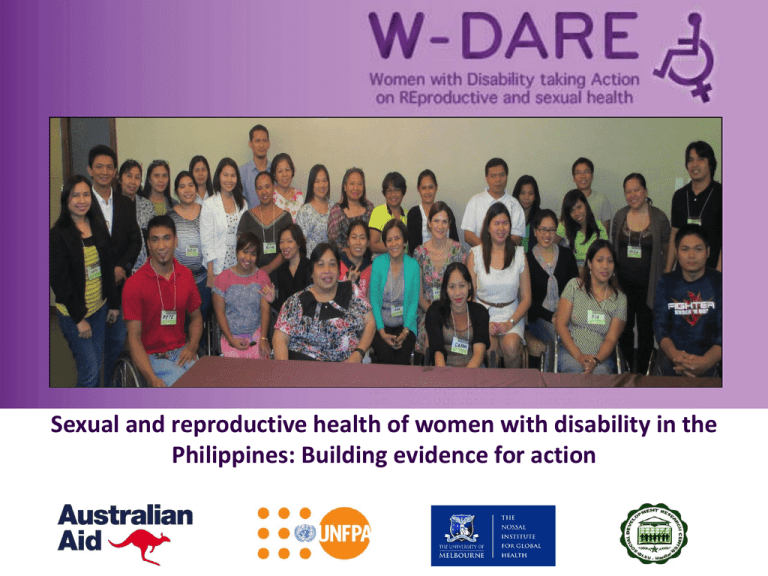
Sexual and reproductive health of women with disability in the Philippines: Building evidence for action W-DARE aim and major research questions Aim: to improve access to quality SRH programs for women with disability in the Philippines • What are the experiences of women with disability in accessing SRH programs in Quezon City and Ligao City? How do these differ from women without disability? • What are the SRH service and information needs and priorities of women with disability? • What interventions are effective in improving access to quality SRH programs for women with disability? Action research in partnership • Nossal Institute for Global Health, and Centre for Health Equity (University of Melbourne) • Social Development Research Center (De La Salle University) – – – – WOWLEAP PARE Likhaan Center for Women’s Health Center for Women’s Studies (University of the Philippines) – UNFPA Philippines Country Office Baseline picture – data sources • Household survey with 3051 adults (data on prevalence, well-being and participation restrictions) • Women with functional limitation (and matched controls) completed a SRH questionnaire (253 women in total) • 37 in-depth interviews with women and girls with disability • 8 focus group discussions (partners, parents, women without disability) • 20 key in-depth interviews with SRH service providers Top: Donna (CBR worker) collecting household survey data in LC; Below: Completed surveys ready for data entry and analysis Early analysis • Prevalence of functional limitation: – Quezon City is 7.15% (95% CI: 6.15, 8.29) – Ligao City is 14.04% (95% CI: 11.52, 17.00) • Disability associated with increased age; lower levels of education; unemployment or economic dependence Access to SRH services Barriers • related to service providers (attitudes, behaviours, knowledge and skills, gender of SP) • related to facilities (physical barriers, policies, assistive devices) • related to women with disability (awareness of services, SRH knowledge, mental health, fear of services, self medication) • economic barriers (cost of services, transport, SL interpreters) • availability of services and supports (availability of local SRH services, transport, SL interpreters) • related to gender norms (domestic responsibilities) Women’s SRH compromised by • Abuse: Abuse is frequent and is perpetrated by family members and partners, as well as strangers and possibly service providers • Sexual, physical, verbal, and emotional abuse reported; also restriction of movement/opportunities and domestic exploitation • Negative public attitudes towards women with disability: in public places, from health and transport service providers, from family members • Some notable instances of solidarity and support Clockwise from top L: Participants in Disability Inclusion workshop, QC; Pia collecting data during the household survey, QC; Weng with young people who are deaf in LC. An enabling society in the Philippines Enabling local environments Supply side interventions Demand side interventions
